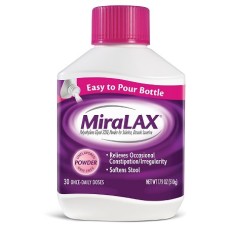Osmotic Laxative Vs Stool Softener. A stool softener is an emollient type of laxative. This Treatment Works Differently Than Laxatives.

Here Is A Comparison Between A Stool Softener And A Laxative Solution That Are Effective In Relieving The Symptoms Associated With Constipation: Colace.
Stool softeners are only a sort of laxative.
One can come across different types of laxatives such as bulk-forming laxatives, stimulant laxatives, saline laxatives, and lubricant laxatives. A stool softener is an emollient type of laxative. Among laxatives, stool softeners are thought to be the safest. It draws water into your colon, which is intended to soften your bowel movements for greater comfort and ease. That means it helps the stool to become more hydrated, thus making it softer. Products such as Fleet Phospho-Soda, Milk of Magnesia, and non-absorbable sugars such as lactulose or sorbitol, keep.
Stool softeners differ from laxatives in their effectiveness, functions, and side effects. Laxatives are commonly used medications used to treat occasional constipation. These hold water in stool to soften it and increase bowel movements. Take The Gut Check & Learn About IBS-C Symptoms. Lactulose is an alternative if macrogols are not effective, or not tolerated. If stools remain hard, add or change to an osmotic laxative such as a macrogol.
If the conservative route doesn't work, Dr. The active ingredient in Colace is docusate, a medication that is part of a family of laxatives called stool softeners (emollients). Stool softeners act like a surfactant and soften the stool allowing water to penetrate the stool easier.






